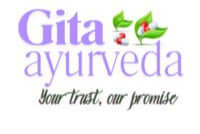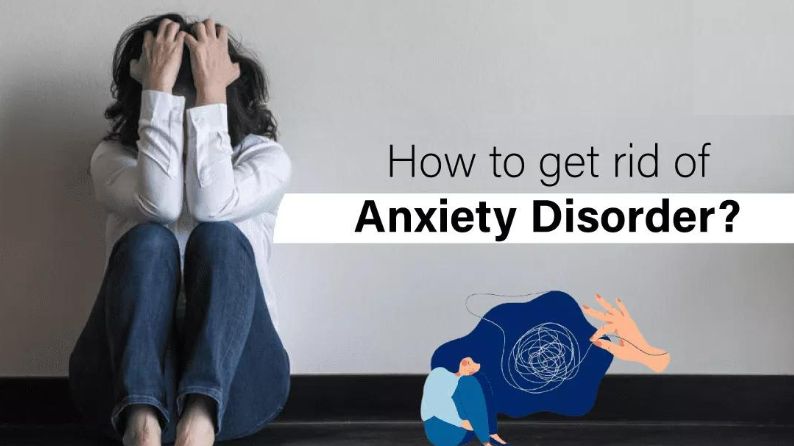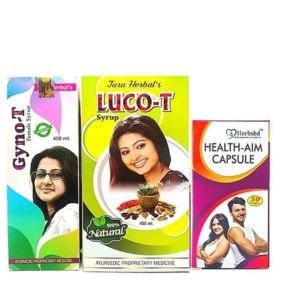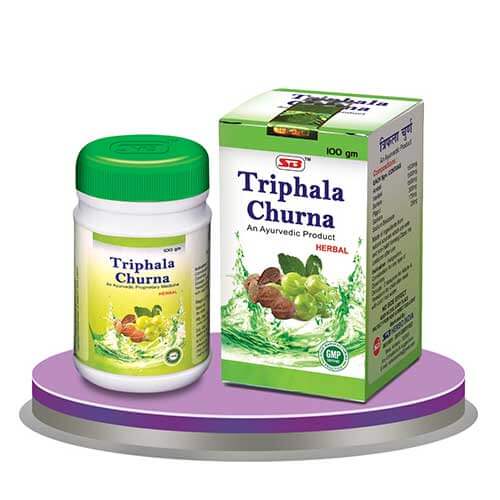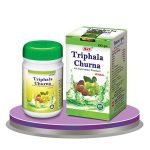Anxiety is a natural emotional response that all humans experience from time to time. It is characterized by feelings of worry, fear, or unease, often accompanied by physical symptoms such as increased heart rate, sweating, and muscle tension. Anxiety can range from mild to severe and can be triggered by a variety of situations or stressors. When anxiety becomes and begins to interfere with daily life, it may be classified as an anxiety disorder. Common types of anxiety disorders include generalized anxiety disorder, panic disorder, social anxiety disorder, and specific phobias. for anxiety can include therapy, medication, and lifestyle changes.
What are anxiety disorders?
Anxiety disorders are a group of mental health conditions characterized by excessive and persistent fear, worry, or anxiety about everyday situations or specific triggers. These disorders can significantly interfere with a person's ability to function in daily life and may lead to physical symptoms and avoidance behaviors. Some common types of anxiety disorders include:
1).Generalized Anxiety Disorder (GAD): Excessive and uncontrollable worry and fear about everyday situations and events.
2). Panic Disorder: Recurrent and unexpected panic attacks, accompanied by physical symptoms such as heart palpitations, sweating, and shortness of breath.
3). Social Anxiety Disorder (SAD): Intense fear of social situations and being judged or evaluated by others.
4).Specific Phobias: Intense and irrational fear of a specific object or situation, such as heights, flying, or animals.
5).Obsessive-Compulsive Disorder (OCD): Intrusive, persistent, and distressing thoughts (obsessions) and repetitive behaviors or mental acts (compulsions) aimed at reducing anxiety.
6). Post-Traumatic Stress Disorder (PTSD): A condition that can develop after experiencing or witnessing a traumatic event, characterized by symptoms such as flashbacks, nightmares, and avoidance behaviors.
Anxiety disorders can have a significant impact on a person's quality of life, and options may include therapy, medication, or a combination of both. If you are experiencing symptoms of an anxiety disorder, it is important to seek the help of a mental health professional.
What are the types of anxiety disorders?
There are several types of anxiety disorders, each with unique symptoms and diagnostic criteria. Here are the most common types:
Generalized Anxiety Disorder (GAD): Characterized by excessive and persistent worry about everyday situations and events, accompanied by physical symptoms such as muscle tension, restlessness, and fatigue.
Panic Disorder: Marked by recurrent and unexpected panic attacks, which are sudden and intense episodes of fear or discomfort that can include physical symptoms like heart palpitations, sweating, and shortness of breath.
Social Anxiety Disorder (SAD): Involves intense fear and anxiety about social situations, particularly those involving scrutiny or evaluation by others, such as public speaking or meeting new people.
Specific Phobias: Characterized by intense and irrational fear of a specific object or situation, such as heights, animals, or flying.
Obsessive-Compulsive Disorder (OCD): Involves persistent, intrusive, and distressing thoughts (obsessions) and repetitive behaviors or mental acts (compulsions) aimed at reducing anxiety.
Post-Traumatic Stress Disorder (PTSD): Can develop after experiencing or witnessing a traumatic event, characterized by symptoms such as flashbacks, nightmares, and avoidance behaviors.
Separation Anxiety Disorder: Involves excessive fear and worry about being separated from attachment figures, such as parents or caregivers, and can result in significant distress and impairment in daily life.
Anxiety can manifest in a variety of physical, emotional, and behavioral symptoms. Some common signs and symptoms of anxiety include:
1). Excessive worry or fear about a situation or upcoming event
2). Restlessness or feeling on edge
3). Difficulty concentrating or focusing on tasks
4). Muscle tension or muscle aches
5). Fatigue or feeling tired easily
6). Difficulty sleeping or staying asleep
7). Irritability or feeling easily agitated
8). Sweating or shaking
9). Shortness of breath or feeling like you can't catch your breath
10). Rapid heartbeat or palpitations
11). Nausea or stomach problems
12). Avoiding situations or activities that may trigger anxiety
13). Panic attacks (sudden and intense feelings of fear or dread)
14). Excessive self-consciousness or fear of embarrassment in social situations
It's important to note that not everyone with anxiety will experience all of these symptoms, and symptoms can vary in severity. If you are experiencing any of these symptoms and they are interfering with your daily life, it may be helpful to speak with a healthcare professional or mental health provider.
What are the for anxiety disorders?
Home Remedy for Anxiety:
Practice deep breathing: Taking slow, deep breaths can help calm the body and reduce anxiety. Try inhaling deeply through your nose for a count of four, holding the breath for a count of four, and exhaling slowly through your mouth for a count of six.
Exercise regularly: Regular exercise can help reduce anxiety symptoms by releasing endorphins, the body's natural feel-good chemicals.
Limit caffeine and alcohol: Both caffeine and alcohol can worsen anxiety symptoms, so it's best to limit or avoid them.
Get enough sleep: Lack of sleep can worsen anxiety symptoms, so it's important to prioritize getting enough restful sleep.
Practice mindfulness: Mindfulness techniques, such as meditation or yoga, can help reduce anxiety symptoms by promoting relaxation and a sense of calm.
Consider herbal remedies: Some people find that herbal remedies like chamomile, lavender, or valerian root can be helpful in reducing anxiety symptoms. However, it's important to speak with a healthcare professional before trying any new supplements, as they can interact with other medications or have side effects.
Ayurvedic Herbal Medicine

DR.BISWAS ARJUN SYRUP 450 ML.
Arjuna is a complete heart tonic ,the antioxidant and cholesterol lowering activity is behind the heart benefits of arjuna.it strengthens the heart muscle and improves the functioning of the heart.
Manomitram Nerve Tonic 200ml.
Improving mental functions Ayurvedic Manomitram Nerve Tonic is an Ayurvedic medicine that is primarily used for the of nervous disorders such as anxiety, stress, depression, and insomnia.
